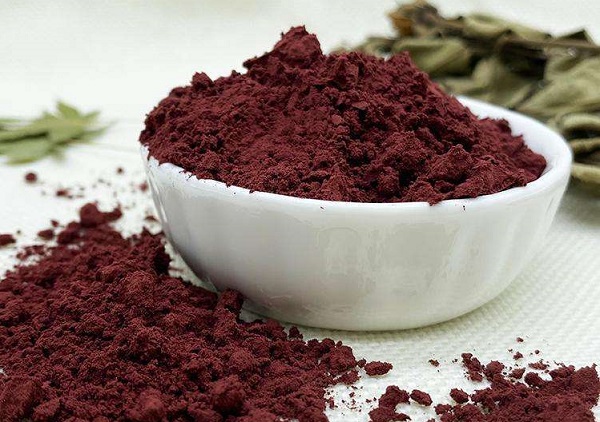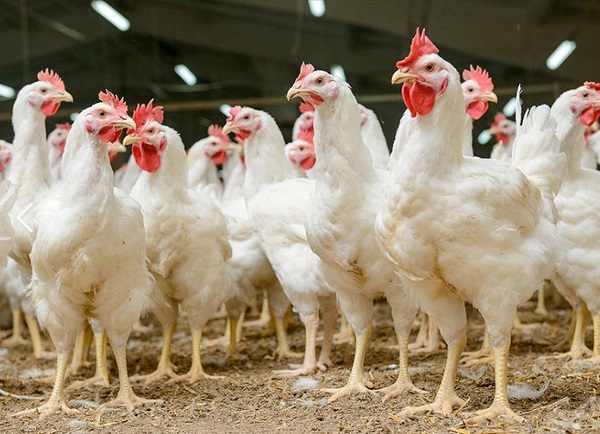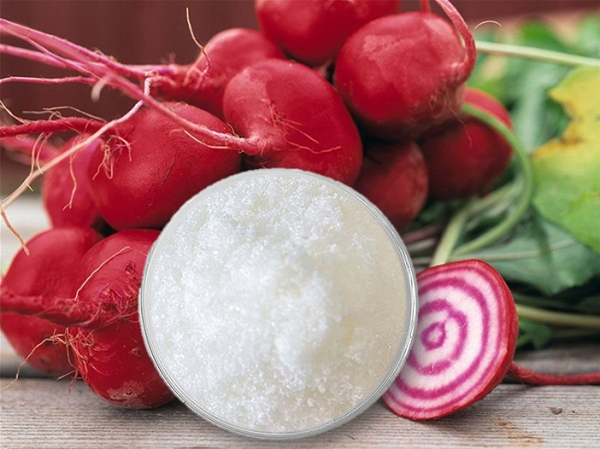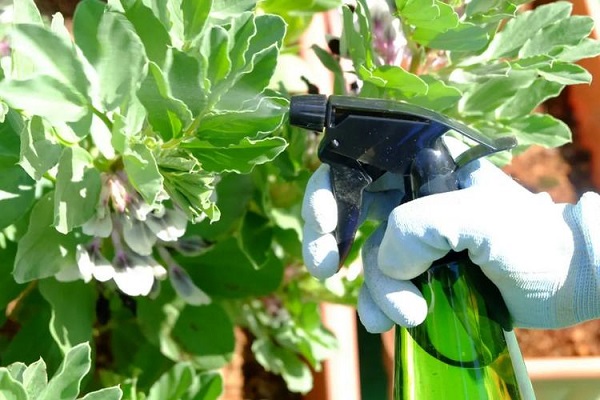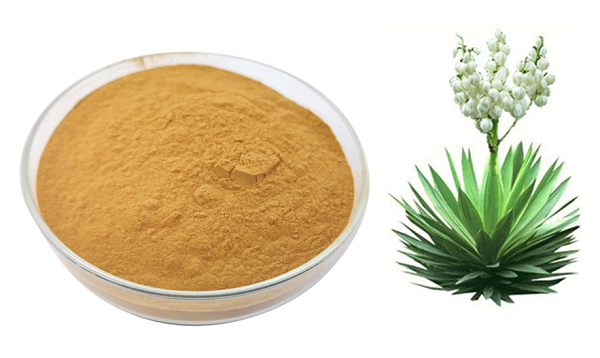Follow Us:
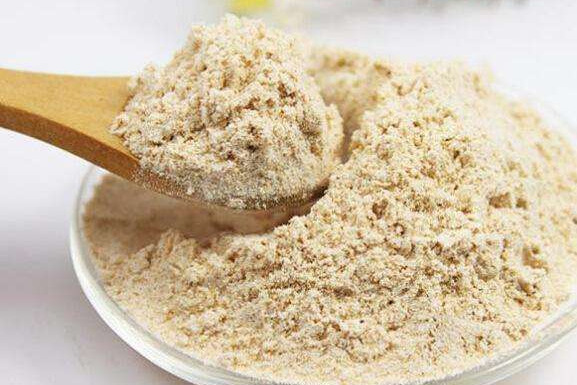
Is Yeast Extract Safe for Dogs? Pet Supplement Manufacturers Guide
Yes, yeast extract is considered safe for dogs when used in appropriate dosages. It is generally recognized as safe (GRAS) by regulatory authorities when incorporated in pet foods and treats. Yeast extract is free of live yeast cells, so it does not contribute to yeast overgrowth in dogs.
However, sourcing high-quality, purified, and non-allergenic yeast extract is critical to avoid adverse reactions. Yeast extract supplier Greenagribio ensures products are free from mycotoxins and are processed for palatability and digestibility.
Keywords: Yeast extract factory, price, wholesaler, distributor, supplier, manufacturer, bulk, yeast extract dog food additive, yeast-based ingredients for pets, pet food formulation yeast extract, natural flavor enhancer dog food.
Discover whether yeast extract is safe for dogs. Learn about its sources, production, benefits, dosage, commercial uses, and pet supplement formulations for the B2B pet food market.
What Is Yeast Extract and Where Does It Come From?
Yeast extract comes from the inner contents of yeast cells, primarily Saccharomyces cerevisiae, and serves as a natural ingredient. Manufacturers create this nutrient-rich extract by breaking down yeast cell walls, which leaves behind a savory, amino-acid-rich concentrate. Unlike whole yeast, yeast extract contains no viable yeast cells and serves mainly to enhance nutrition and deliver umami flavor.
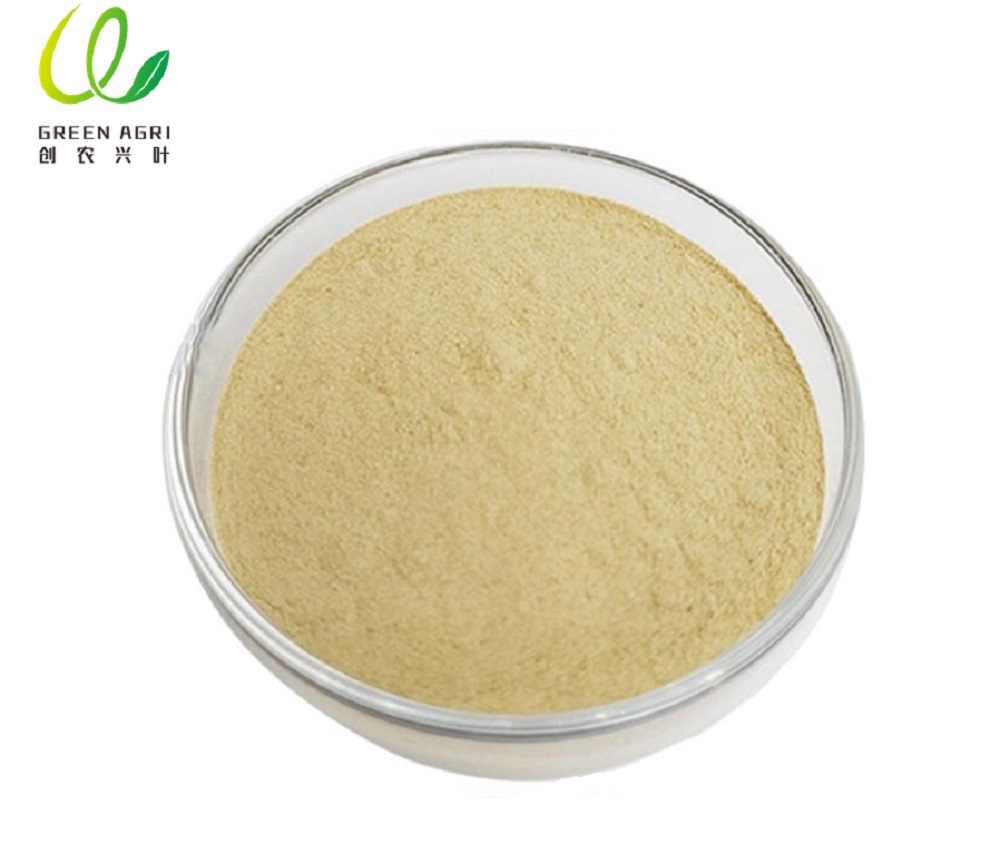
Production Process of Yeast Extract
1. Fermentation: Saccharomyces cerevisiae is cultured using a sugar-rich medium such as molasses.
2. Autolysis: Enzymes naturally present in the yeast break down proteins and cell walls in a controlled environment.
3. Separation: The soluble contents (yeast extract) are separated from insoluble cell wall material.
4. Concentration & Drying: The extract is then concentrated and dried into a powder or paste for easy incorporation into pet food or supplement formulations.
Manufacturers produce food-grade yeast extract under strict quality and safety standards to meet regulatory requirements in the EU, US, and other global pet food markets.
Benefits of Yeast Extract in Pet Food
Natural Flavor Enhancer: Rich in glutamic acid, yeast extract improves the palatability of kibble and wet foods, making it an ideal flavor booster for picky eaters.
Nutritional Support: A natural source of B-complex vitamins, peptides, and amino acids that support energy metabolism, skin health, and digestion.
Immune Support: Some yeast extracts retain beta-glucans and nucleotides, which are known to support immune response and gut health.
Functional Ingredient: Can be used to support hypoallergenic, vegan, or meat-free pet food formulations.
Yeast Extract Applications in Pet Products
- Dog food (dry and wet)
- Pet treats
- Dietary supplements
- Functional snacks and dental chews
- Pill wraps and flavor coatings for medicines
Its savory aroma and taste make it especially useful in masking unpleasant flavors from active ingredients in functional pet products.
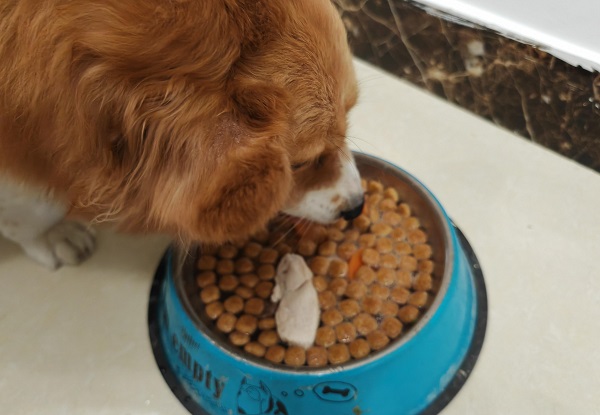
Is Yeast Extract Safe For Dogs?
Yeast extract is a safe, multifunctional ingredient for dogs that supports both nutritional and sensory attributes in pet food and supplements. Its growing popularity in natural, premium, and functional pet product segments makes it a valuable addition for pet food manufacturers, private label brands, and contract supplement formulators.
Pet Supplement Formulation
Dosage: Typical inclusion rates range from 0.1% to 2.0% in pet food and up to 5% in functional supplements or treats, depending on the formulation purpose (e.g., flavoring vs. nutritional enrichment).
Mix Ingredients: Often formulated with probiotics, prebiotics (like inulin), omega-3s, or joint health compounds (glucosamine, chondroitin) for synergistic benefits.
Forms: Available as powder, granules, or paste. Powdered forms are ideal for dry food or capsules, while paste works for moist treats or gravies.
Regulatory and Safety Considerations
Allergy Awareness: While rare, some dogs may be sensitive to yeast-derived ingredients. Start with small trial doses when introducing new formulas.
Labeling Compliance: Ensure the ingredient is properly labeled as “yeast extract” or “hydrolyzed yeast” in accordance with local regulations (e.g., FEDIAF in the EU or AAFCO in the US).
Shelf Life: Properly stored, yeast extract remains stable for 12–24 months in a cool, dry environment.
Looking for a trusted supplier of yeast extract for pet applications? Ensure your raw material is food-grade, sustainably sourced, and backed by certificates like ISO, Kosher+, or Halal for safe use in animal nutrition. Contact us at email: info@greenagribio.com
Also See
- Wholesale Bulk Sea Moss Powder in Pet Ingredients: 80-200 Mesh
- Yucca Powder vs. Yucca Extract
- Yucca Extract for Dogs: The Secret to Controlling Dog Poop Odor
- The Power of Yucca in Pet Food
- Superfood Baobab Powder for Dog: Pet Food Ingredient
- Why Add Beta-Carotene (Vitamin A) Powder in Pet Food
- Mint Powder Breath Freshening Dog Treats: Pet Ingredient Suppliers
- Pet Food Ingredient: Bulk Ashwagandha Powder
- Why Oat Beta-Glucan Used as a Dietary Supplement for Pet
- Sweet Potato Powder For Dogs: Pet Food Ingredients Supplier
- How to Use Green Tea Extract Decaf in Pet Food
- What Mushroom Supplement is Best for Your Pet
- Pet Food Ingredient: Bulk Ashwagandha Powder
- Is MSM Safe for Animals? Ingredient Guide
- Why Add Vitamin E Powder in Animal Nutrition













